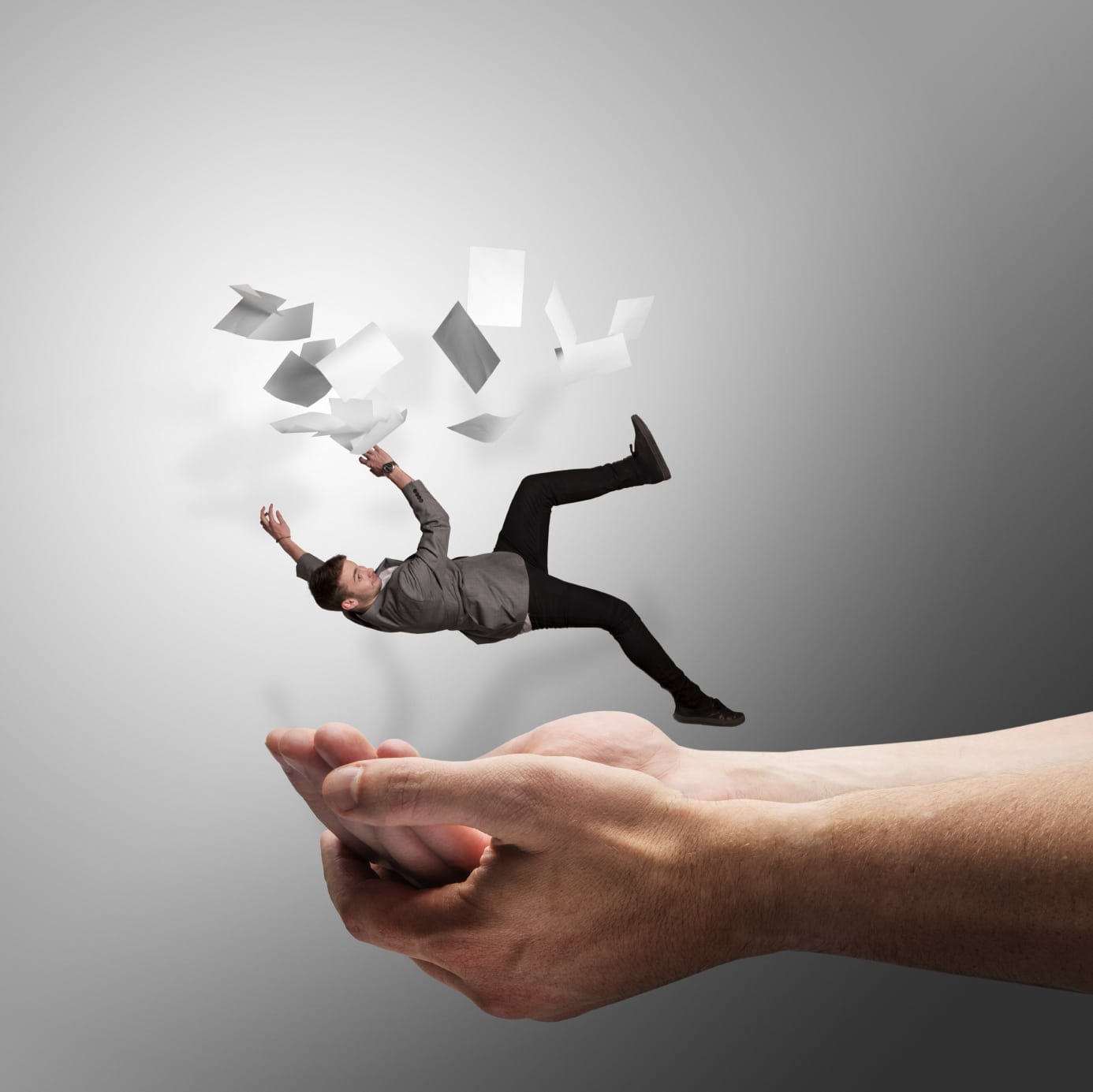Given the amount of time spent on our feet every day, it is hardly surprising that injuries from falls are so common. These injuries range from bruises and scrapes to paralysis or even severe brain injury. How falls affect people depend on how and where they fall as well as their physical condition and natural agility. If someone is injured on another person’s property, they could be entitled to compensation and should consult a slip and fall lawyer in North Carolina right away.
Common Causes of Slip-and-Fall Accidents
While inattention, poor visibility, and hidden hazards are easy enough to understand, the term unexpected hazard requires more explanation. When you walk in a store, it is not reasonable to assume that such a place would have a floor as slippery as a skating rink. If you fall and injure yourself, the store owner cannot say that you should have been looking intently at the floor for shiny wet spots. Although the store owner should have placed a visible warning of the slippery surface, it is still a good idea to be alert to these kinds of hazards. Here is a list of common slip, trip, and fall hazards to keep in mind:
Clutter
These are objects that cause you to slip or trip. Perhaps the most treacherous objects are wires and cords which cause no problems when you step directly on top of them (unless you have heels) but can snag your foot if it is placed in front of them. Clutter only presents a hazard when they are in areas meant for walking as opposed to being inside a locked closet.
Irregularities
Man-made walking environments are flat, even, and regular. Any deviation from this is a hazard. Sometimes a floor may have a small step in it or a raised tile edge. A carpet can have a fold or tear in it that catches the foot. Everyone expects stairs to have even steps and often time their gait on this regularity. This is why stairs with uneven steps are so dangerous.
Slippery Surfaces
These are commonly created by a film of water or oil that reduces friction. Keeping your eyes fixated on the floor to spot these hazards only sets you up for other types of accidents. However, there are common situations to watch for such as the floor just inside a store entrance on a rainy or snowy day or the area around workers mopping a floor. Metal surfaces or sloped surfaces also invite falls when wet.
Poor Lighting
Poor lighting hides the hazards previously discussed. It also increases the risk of injury from a fall because we rely on vision to catch ourselves. Things that are obvious in good light such as steps in front of a door, become invisible in poor lighting.
Who Is Liable for Your Injuries?
When you get injured on another person’s property due to unsafe conditions that the property owner was aware of and could have prevented, this is called premises liability. The landlord is responsible for your injuries if they knew of the hazards and did nothing to remove them. They have a “duty of care,” which means they are required to maintain a safe environment if they know that other people will be on their property.
Reach out to a Slip-and-Fall Lawyer in North Carolina
In a premises liability case, a property owner may try to argue that they were unaware of the hazardous conditions that caused the injury. In this case, it is best to seek the guidance of a slip and fall lawyer in North Carolina. Lewis & Keller’s team of legal experts are standing by to offer you a free case review and determine whether you are entitled to compensation for your injuries. Contact us online or call 336-804-8387 to get started today.



